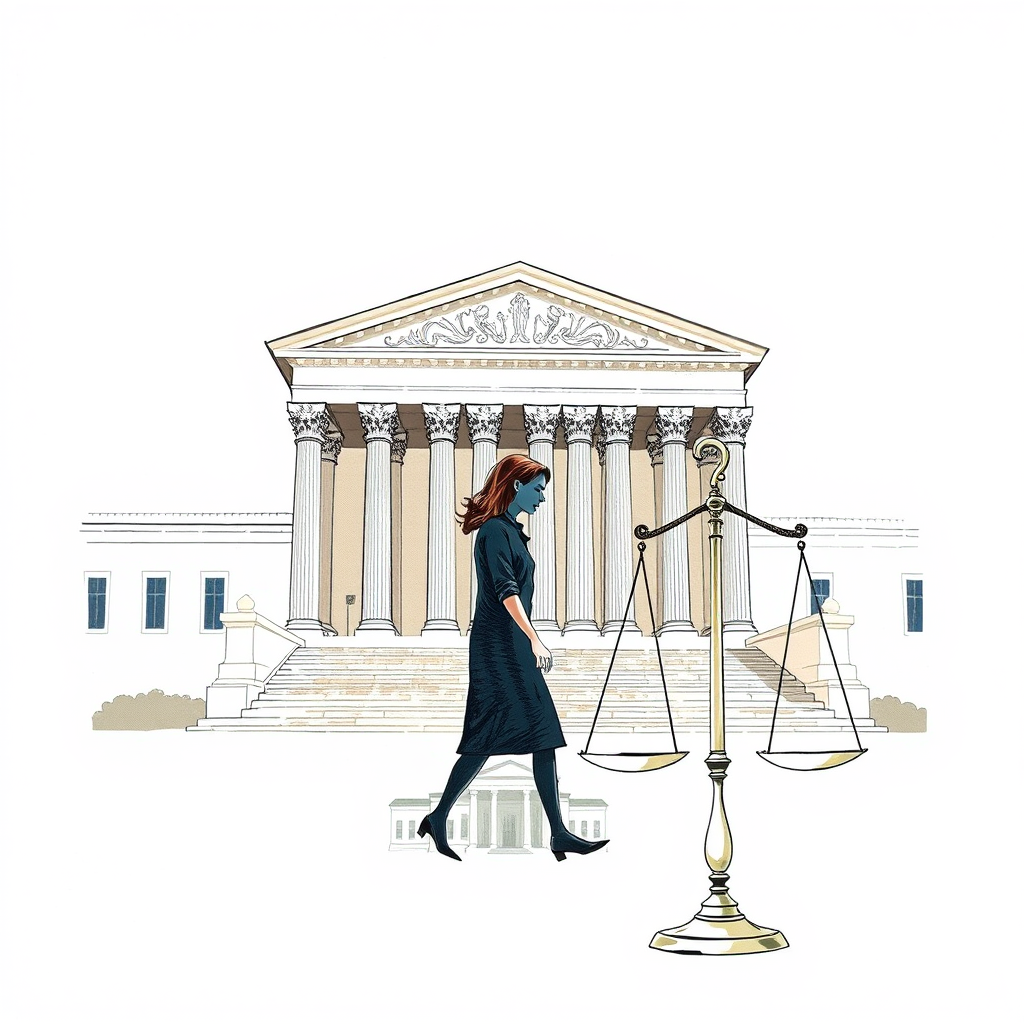Barrett's Surprise Recusal: Conflict of Interest?

Supreme Court Justice Amy Coney Barrett’s unexpected recusal from a case concerning public funding for a Catholic school has ignited speculation, leaving many to question the reasoning behind her decision. Barrett offered no public explanation for stepping aside from the case, which centers on whether Oklahoma taxpayers should finance a school explicitly teaching Catholic doctrine. Her absence will temporarily shift the court’s conservative majority to 5-3 for this particular vote.
The timing of the recusal is particularly noteworthy given the recent implementation of the Supreme Court’s first ethics code in 2023, a response to scrutiny over Justice Clarence Thomas’s undisclosed gifts and travel. While the code establishes guidelines for recusal due to conflicts of interest, it remains significantly less stringent than those governing lower court judges, granting individual justices considerable discretion.
Reports suggest a potential connection between Barrett’s decision and her longstanding personal relationship with Nicole Stelle Garnett, a law professor at Notre Dame and an early advisor to St. Isidore of Seville Catholic Virtual School, the school at the heart of the dispute. The two women clerked together in the late 1990s, became neighbors and colleagues at Notre Dame, and share a close familial bond – Barrett is reportedly the godmother to one of Garnett’s children.
While justices aren’t obligated to disclose their reasons for recusal, Barrett’s silence has fueled debate about transparency and potential conflicts of interest within the highest court. The lack of explanation, coupled with the relatively lenient ethics code, raises questions about the standards of accountability expected of Supreme Court justices. It’s a situation that underscores the ongoing need for clearer guidelines and greater public trust in the impartiality of the court, especially as it tackles increasingly divisive issues. The court’s conservative majority remains intact, but this recusal serves as a reminder that even the appearance of a conflict can erode public confidence in the judicial process.